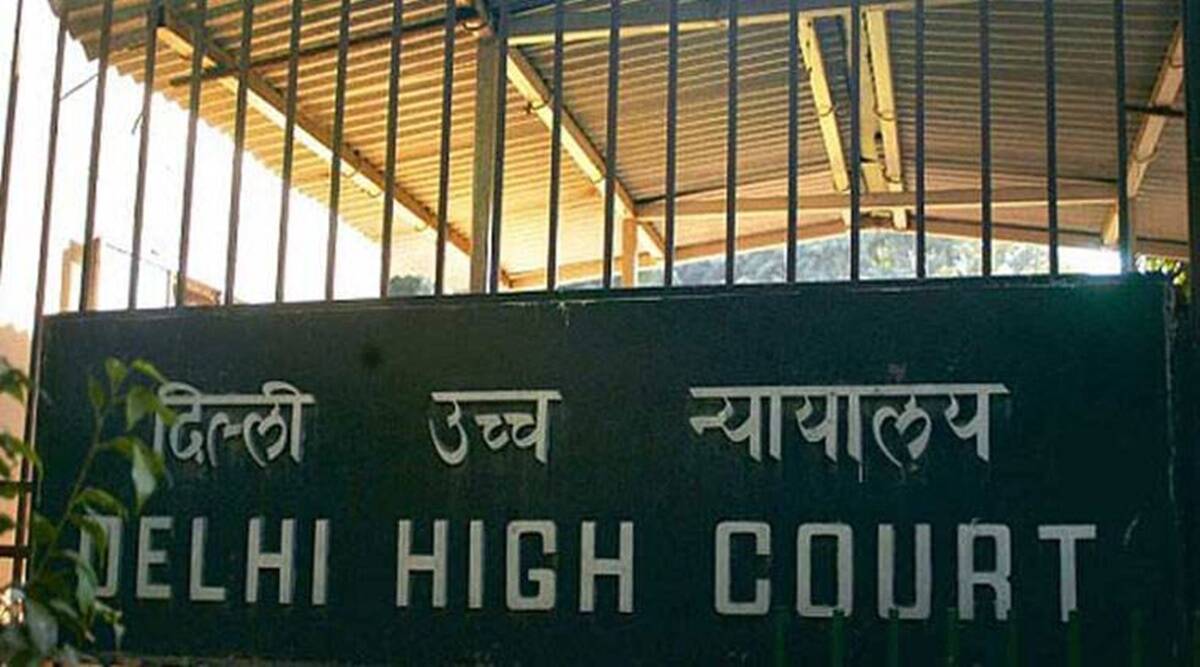 Court on Thursday asked the Centre to respond to a petition challenging the recently enacted Criminal Procedure (File)
Court on Thursday asked the Centre to respond to a petition challenging the recently enacted Criminal Procedure (File) THE Delhi High Court on Thursday asked the Centre to respond to a petition challenging the recently enacted Criminal Procedure (Identification) Act, 2022, which allows police to collect various kinds of “measurements” from those convicted, arrested or detained by it. It said the plea requires consideration.
The division bench of acting Chief Justice Vipin Sanghi and Justice Navin Chawla asked the Centre to file a reply, including on the aspect of the maintainability of the public interest litigation against the Act, within six weeks and listed it for hearing in November.
Advocate Amit Mahajan, representing the Centre, earlier raised a preliminary objection against the petition and said that a law cannot be challenged by way of a public interest litigation. “He [petitioner] has to say that he is aggrieved, in what manner, to challenge the vires. It is a settled law,” Mahajan added.
In his petition, advocate Harshit Goel has argued that provisions of the law, which was passed by Parliament earlier this month, are “arbitrary, excessive, unreasonable, disproportionate, devoid of substantive due process” and in violation of fundamental rights of the citizens as well as of the basic structure of the Constitution.
“Provisions of the Act make it lawful for the police to forcibly take ‘measurements’ of convicts, arrestees, detainees, undertrials and any person who may be remotely involved with the connection of an offence without prima facie establishing their involvement or the evidentiary value of such ‘measurements’,” Goel has argued.
‘Measurements’ under the Act include finger-impressions, palm-print impressions, foot-print impressions, photographs, iris and retina scan, physical, biological samples and their analysis, behavioural attributes including signatures, handwriting or any other examination referred to in Section 53 or Section 53A of the Code of Criminal Procedure.
Arguing that these terms are open to interpretation and particularly referring to ‘behavioural attributes’, Goel has said, “Such evaluation, when it leads to any incriminating admission, would constitute a ‘testimonial compulsion’. This coercive provision therefore transgresses the right against self-incrimination, a well-established principle of our criminal justice system and mandated under Article 20(3) of the Constitution.”
The provisions of the Act allow “excessive, coercive and arbitrary intrusion” into the dignity of a convict as well as of an individual who may be called in for simple questioning, or who is involved in the pettiest of offences, the petition argues.
- The Indian Express website has been rated GREEN for its credibility and trustworthiness by Newsguard, a global service that rates news sources for their journalistic standards.

